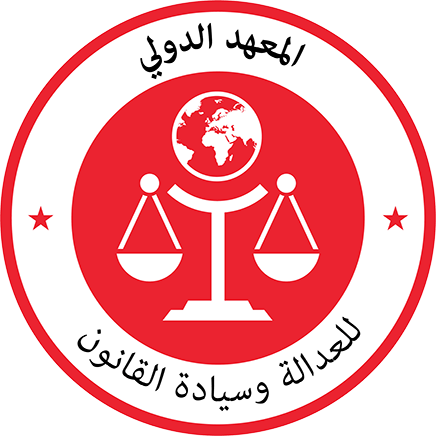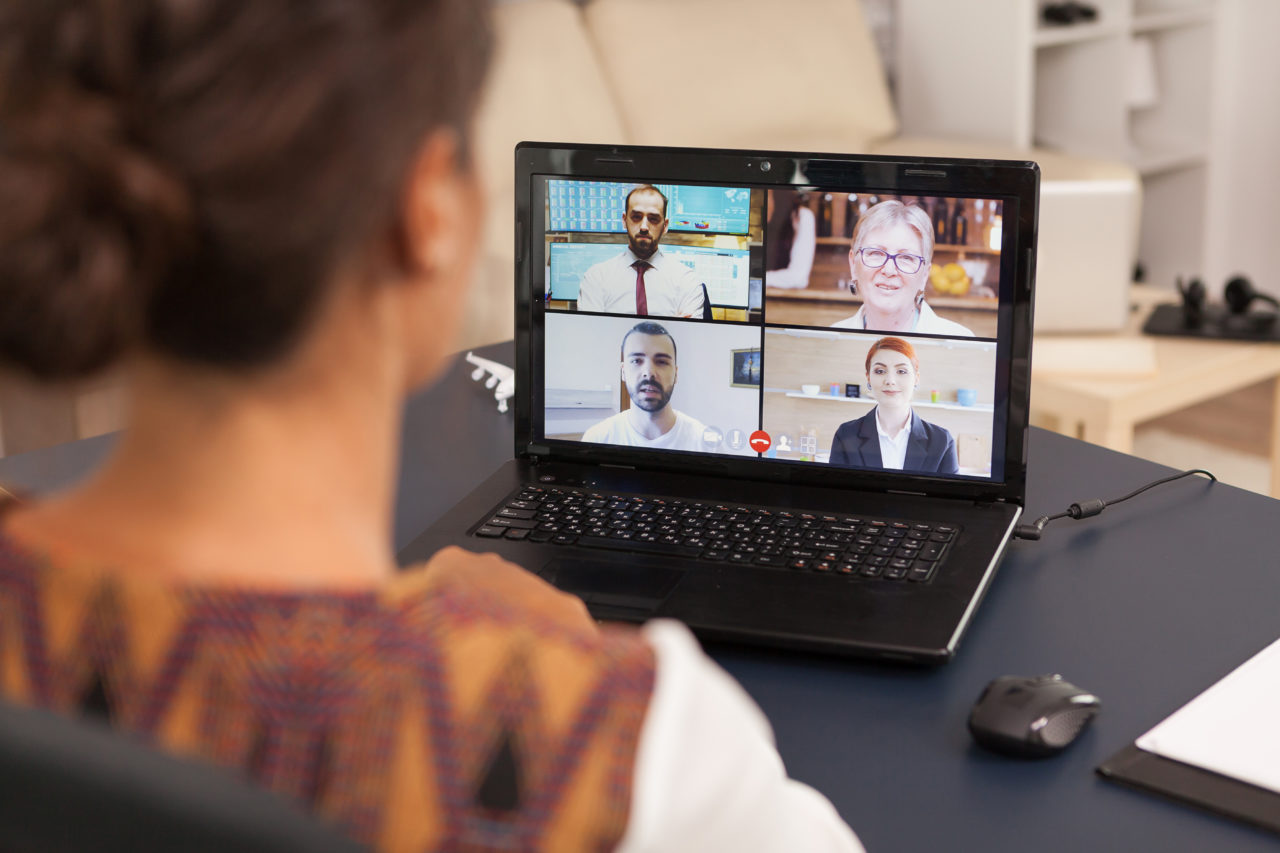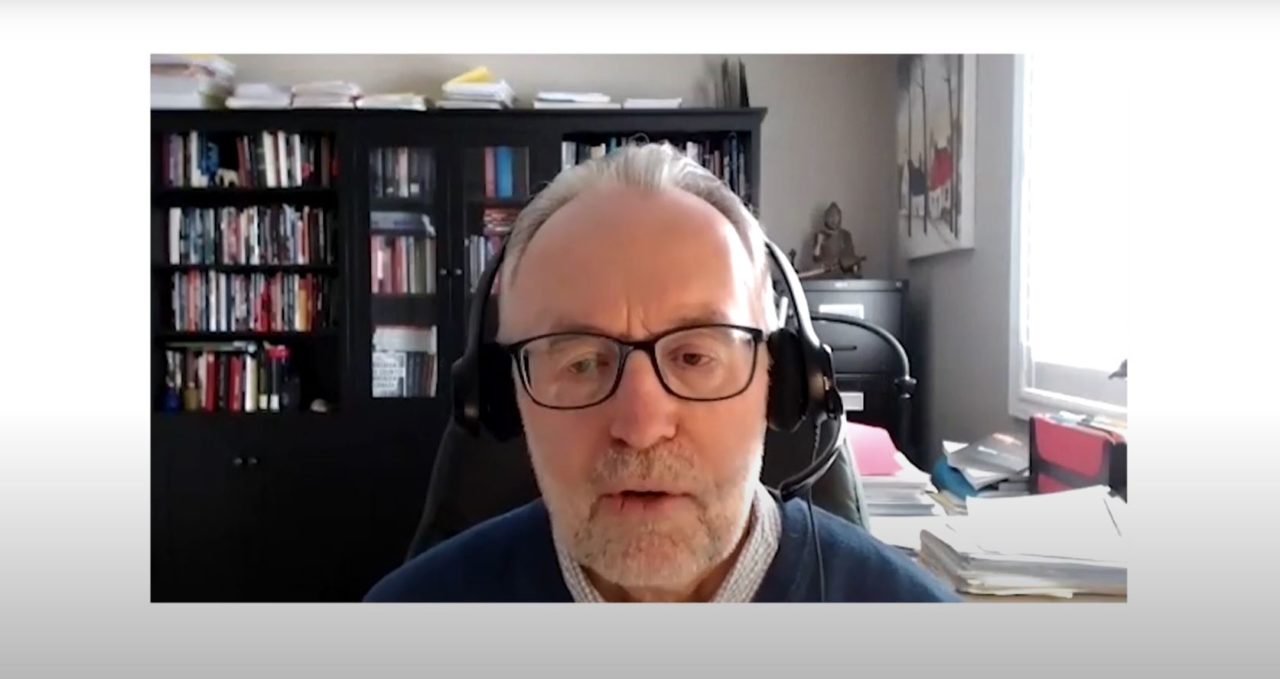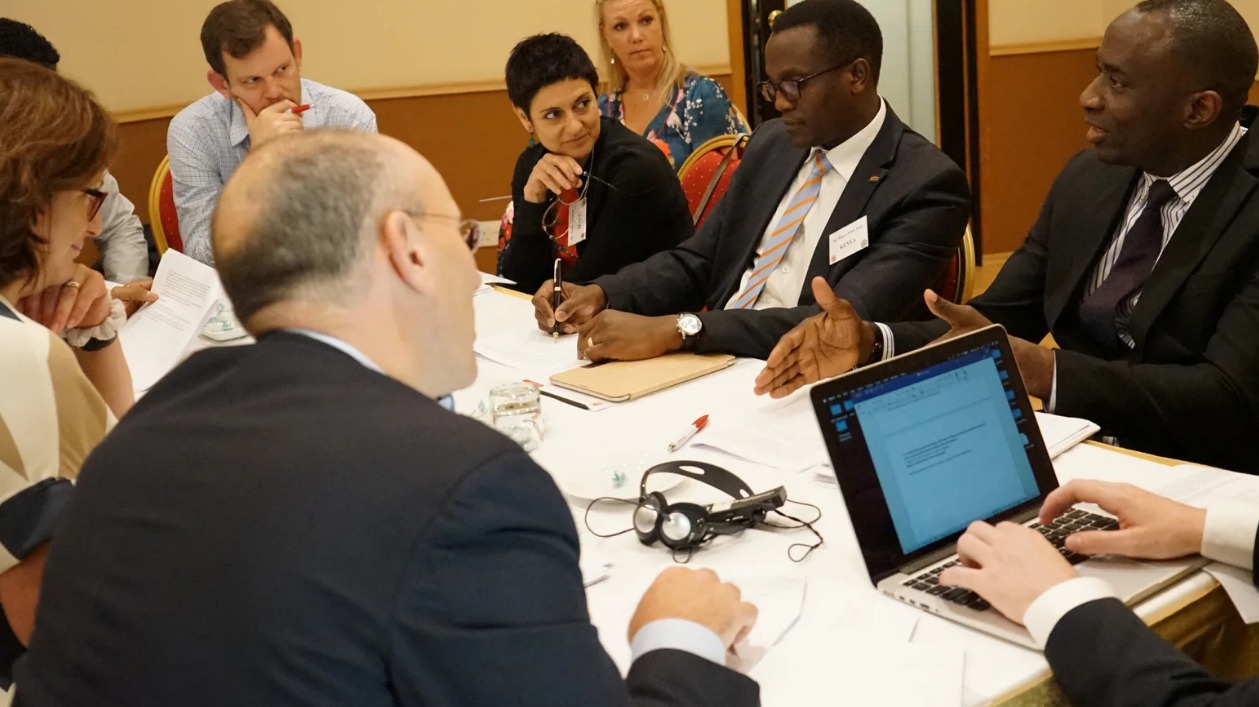Response
MLA and police cooperation are two different realms with overlapping corners. While MLA is being done through judicial authorities, bearing the legality it provides, police cooperation is done through the law enforcement agencies, therefore preliminary and legally less forceful.
MLA can be triggered only when there is an actual investigation or prosecution is underway. Police cooperation, on the other hand, can be used before, during or after the actual criminal proceedings.
While MLA is used primarily to obtain evidence to build or conclude a criminal case before courts and prosecutorial bodies, police cooperation is mainly focused on obtaining crucial practical information like the whereabouts of suspects or witnesses, verification of suspicious transactions and so on. As you can see, police cooperation serves as the first step, a preliminary to MLA requests.
The most well-known body of police cooperation is the INTERPOL, the International Criminal Police Organization. However, there are regional police cooperation bodies like EUROPOL, AFRIPOL or AMERIPOL as well.
As mentioned earlier, INTERPOL can be used as a means of communication within the scope of MLA procedures.[1]
However, due to the need for speed in MLA practice, the INTERPOL is eager to be present in the field. There is an ongoing initiative under the INTERPOL called ‘e-MLA’, which aims to transmit MLA requests, responses and everything related between the central authorities of member states. The details of the initiative can be accessed at the INTERPOL’s website.
[1] See for example European Convention on Mutual Assistance in Criminal Matters, article 15.




